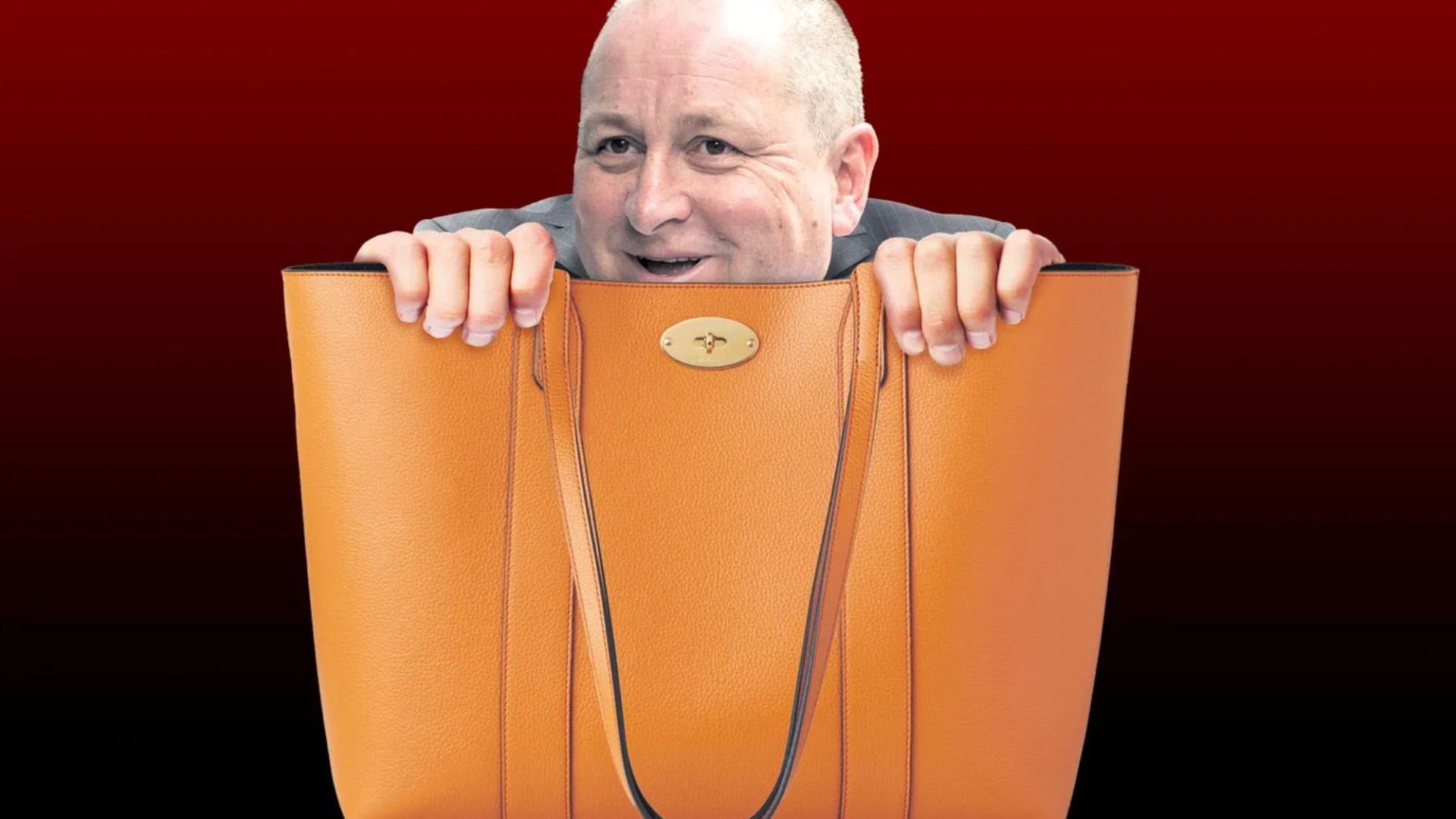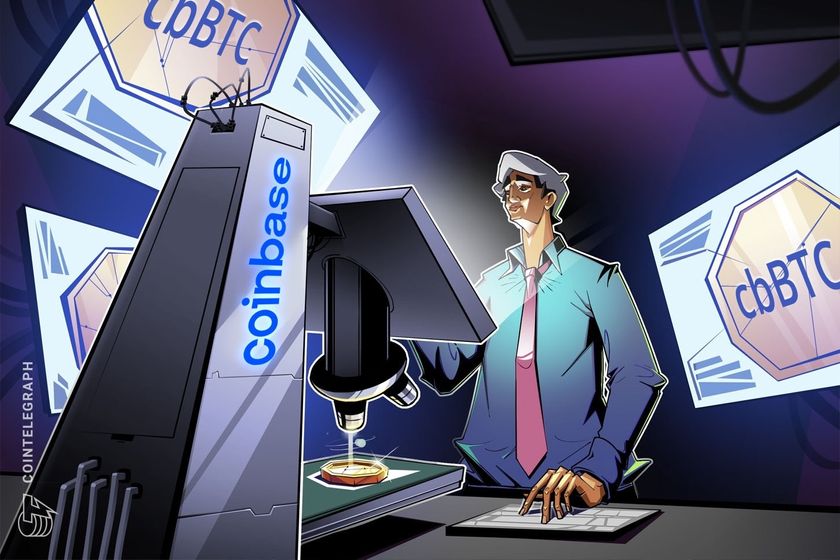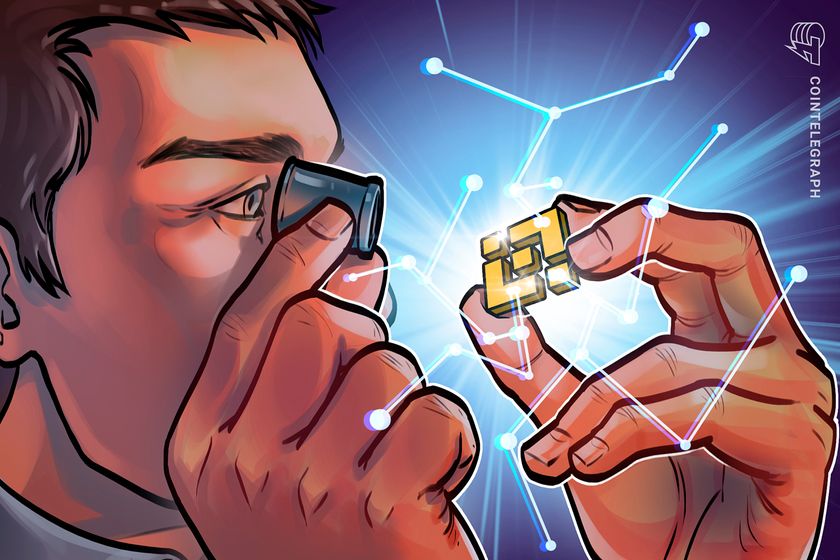US officials expect Israel to launch a ground operation in Lebanon “imminently” to clear border areas of Hizbollah infrastructure, in an intensification of its offensive against the militant group.
Israel has discussed the shape of the planned incursion with Washington, which has sought to limit its scope and duration, fearing it could lead to an open-ended occupation of Lebanon’s border area, according to the officials.
“We believe we’ve reached an understanding where instead they will do something more targeted, focused on specific areas — and focused on clearing out Hizbollah infrastructure near Israeli border communities — and then pulling their forces back,” said a US official.
It would be Israel’s first land offensive in Lebanon since 2006, when it fought a 34-day war with Hizbollah that ended in a stalemate. Putting boots on the ground would also raise the risks for Israel, which has unrivalled air superiority, but would be fighting in the Iranian-backed militant group’s stronghold.
Israel has already conducted small-scale ground operations in Lebanon in recent days, according to officials. It has also continued to launch waves of air strikes on Lebanon, killing more than 1,000 people over the past two weeks, and forcing up to 1mn people from their homes, according to Lebanese authorities.
Strikes on Beirut’s southern suburbs killed senior Hizbollah commanders, including its leader Hassan Nasrallah, on Friday. Israel continued to launch attacks on Sunday night in the Bekaa Valley in eastern Lebanon, as well as the southern border region which has been pounded for months.
Asked on Monday whether he was aware of reports of Israeli plans for a limited ground invasion and comfortable with one going ahead, US President Joe Biden said: “I’m more aware than you might know, and I’m comfortable with them stopping. We should have a ceasefire now.”
The US has urged Israel to show restraint, but has also restated its ironclad commitment to Israel’s defence and deployed additional military assets to the region to deter Iran, Hizbollah’s patron.
Israeli defence minister Yoav Gallant said Israel would use “all the means at our disposal” against Hizbollah as he visited troops on the Israeli-Lebanese border on Monday. “The forces are ready and prepared to strike,” Gallant posted on X.
Hizbollah’s deputy leader Naim Qassem said the group would not stop its fight against Israel, and was prepared for an Israeli land offensive.
“If the Israelis want a ground incursion, the resistance forces are ready for that,” Qassem said, in the first remarks by Hizbollah’s leadership since Nasrallah’s assassination.
Despite calls by the Biden administration and other western powers for Israel to de-escalate, Prime Minister Benjamin Netanyahu has insisted the offensive against Hizbollah will continue until more than 60,000 people displaced from Israel’s north by a year of cross-border fire are able to return home.
Lebanon’s caretaker prime minister Najib Mikati said on Monday his country was willing to accept a nearly 20-year-old UN resolution that demands, among other conditions, that Hizbollah pull 30km back from the border with Israel — in an intervention that seemed aimed at keeping the door open to a diplomatic solution.
The US has for months been seeking to broker a deal to end the Israel-Hizbollah conflict and implement the resolution. But Hizbollah has insisted that it will continue firing at Israel as along as Israeli troops are fighting Hamas in Gaza.
Last week, the US and France spearheaded an effort to get both sides to accept a 21-day ceasefire proposal that was backed by other western and Arab states fearing an all-out war in the Middle East.
A US official said Israel had agreed to the truce before changing its mind overnight when they saw they had an opportunity to target Nasrallah on Friday.
Washington is sending “an additional few thousand” troops, including more fighter jets, to the region to help protect US forces and to help defend Israel. The US already has some 40,000 troops deployed in the Middle East.

















































































































































You must be logged in to post a comment Login